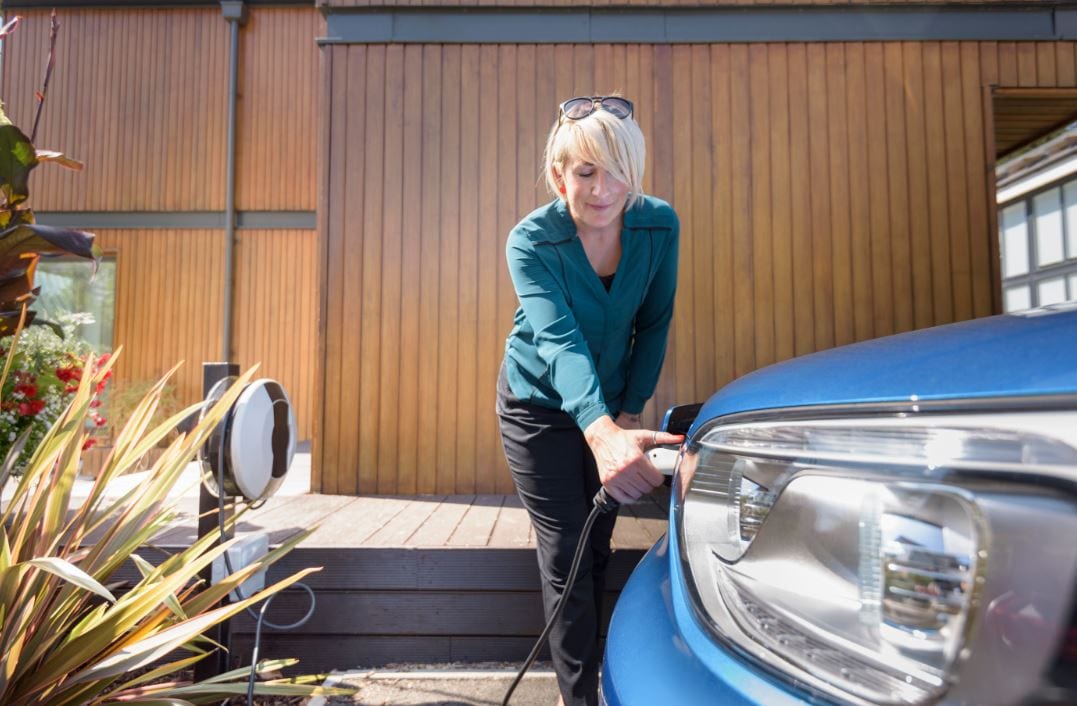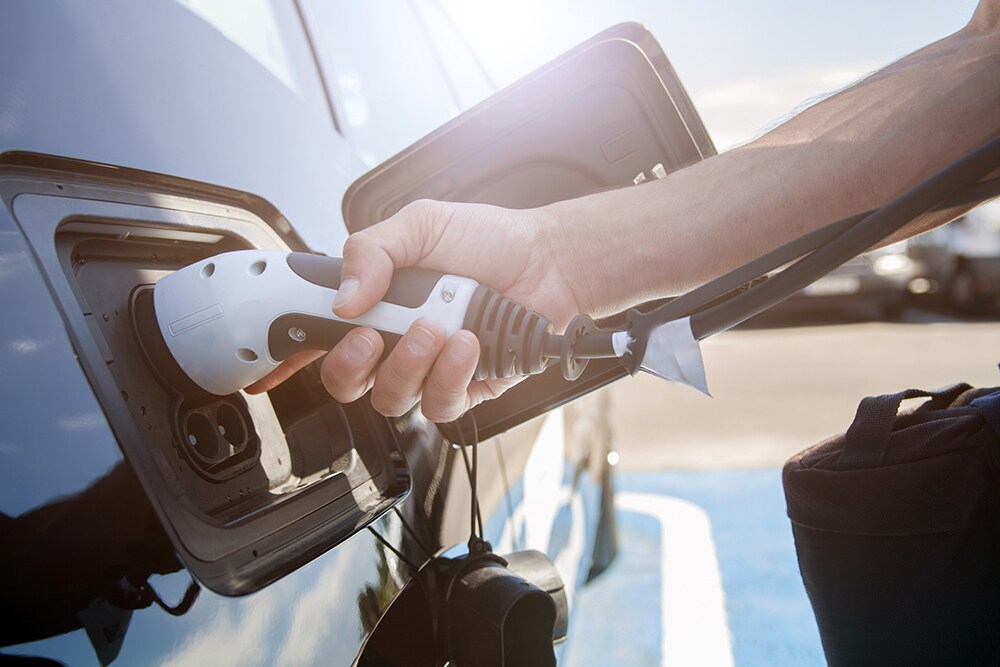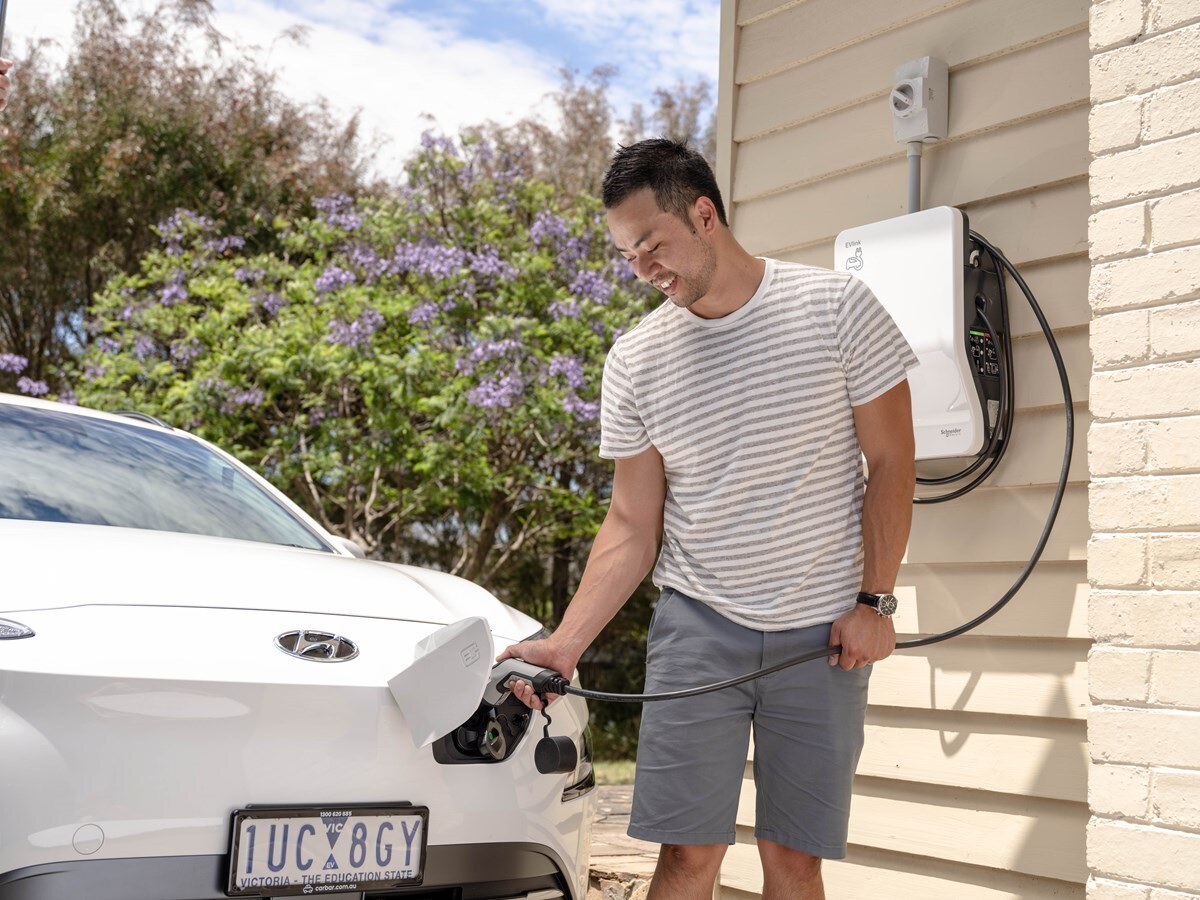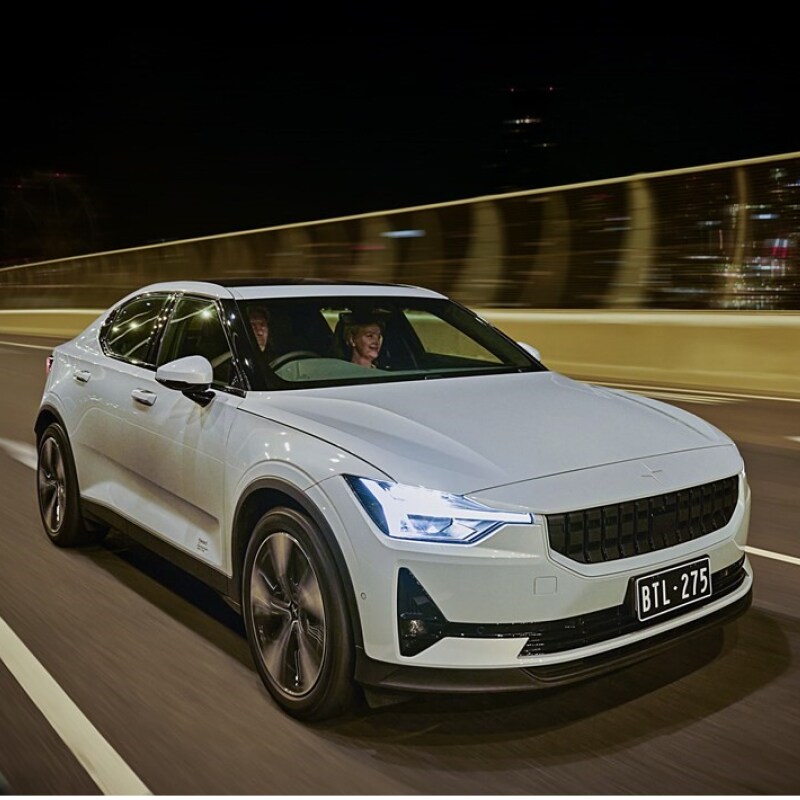Will you run out of charge on the road?
The travel range of electric cars is growing with every new model. While some short-range models offer around 200–300km per charge, long-range vehicles provide a range over 600km. According to the Electric Vehicle Council, the average range of EVs available in Australia is around 400kms, which should be enough to last the average city driver around a week.
However, living in a large country with huge distances between major cities, it’s natural to think about where you’ll be able to recharge on long drives. This feeling of uncertainty can cause range anxiety.
But there isn’t much reason for fear. The federal government’s Driving the Nation Fund includes a $39.3 million investment to build 117 new EV chargers on key highway routes across Australia. This means there will be a fast charger approximately every 150km on national highways.
That investment grew significantly in August 2019 with the Australian Renewable Energy Agency (ARENA) pouring another $15 million into the $50 million country-wide project, which will include at least two DC ultra-fast chargers at each of the 42 sites – powered entirely by renewables.
With the amount of public chargers out there, the chances of running out of charge on the road are extremely low. Especially if you plan your route with charging in mind using apps like Plugshare. And as well as government-funded chargers, more private companies are building EV charging networks. You can find many of these in shopping centres, universities and public car parks.
If you’re still unsure, you can read about how our own team members went on an EV road trip from Melbourne to Sydney.




